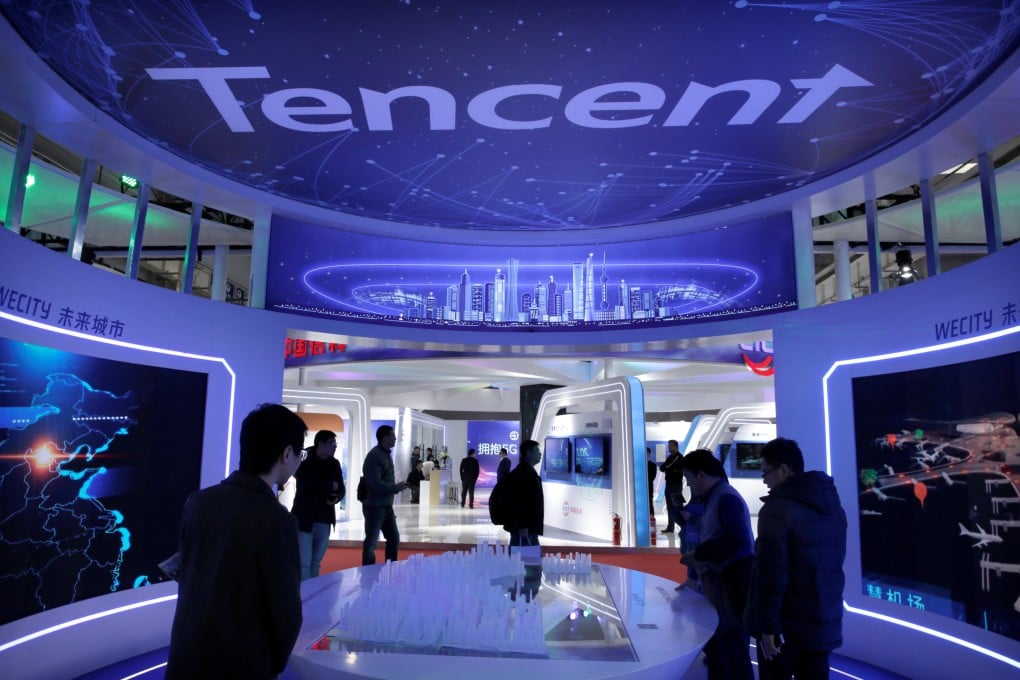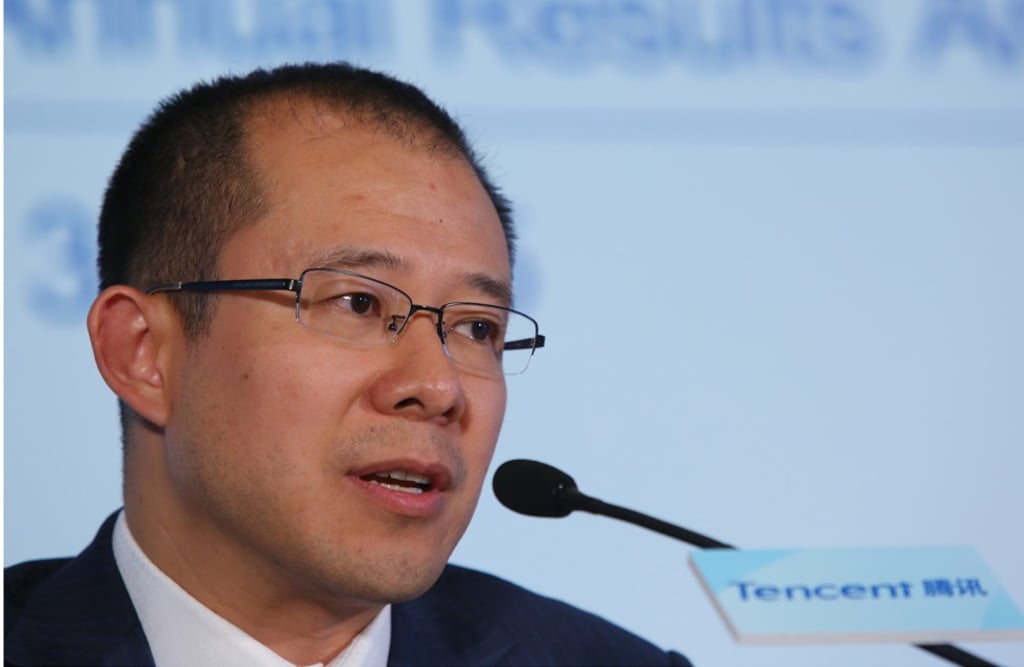Tencent to broaden overseas investments, target smart retail activities
- There are currently more than 800 companies in Tencent’s investment portfolio
- More than 70 of these firms are listed, while more than 160 are unicorns or start-ups with a market value of US$1 billion

Internet giant Tencent Holdings plans to broaden the scope of its international investments, eyeing more start-ups and new market segments such as smart retail.
Tencent president Martin Lau Chi-ping unveiled the initiative at the company’s investment conference last week in Beijing, where he said “more communications and cooperation with overseas entrepreneurs” will be pursued to expand the Shenzhen-based firm’s global footprint.
There are currently more than 800 companies in Tencent’s investment portfolio, according to Lau, whose speech was initially posted on the firm’s social media account on Monday. More than 70 of these firms are listed, while more than 160 are unicorns or start-ups with a market value of US$1 billion.
“In the past, our investment sectors were mostly focused on video games and content, as well as the [new] frontiers of science and technology,” Lau told a gathering of more than 500 Tencent-backed companies. “However, in the future, we will pay more attention to smart retail and payment platforms with the development of Tencent’s WeChat mini-app ecosystem.”
